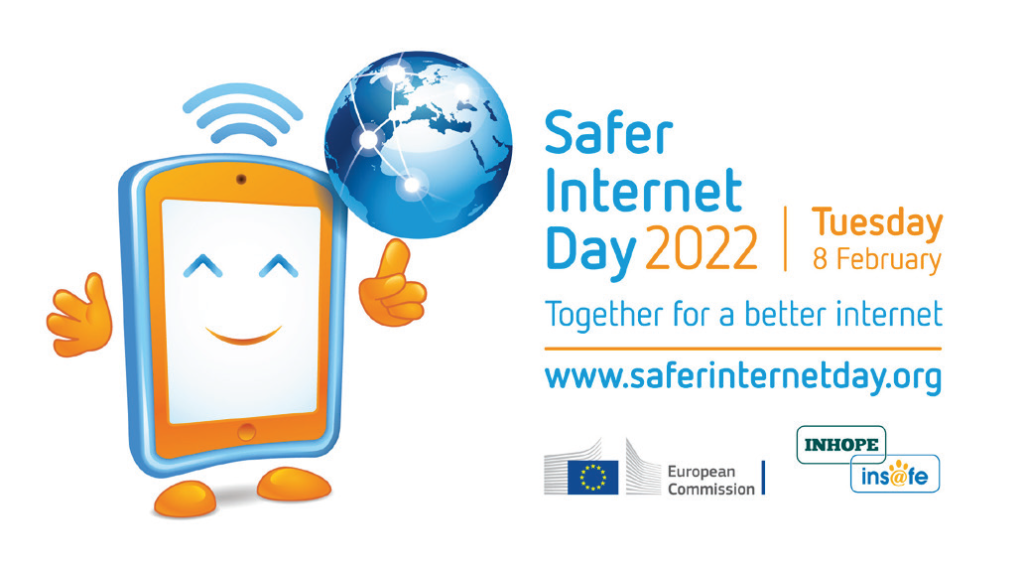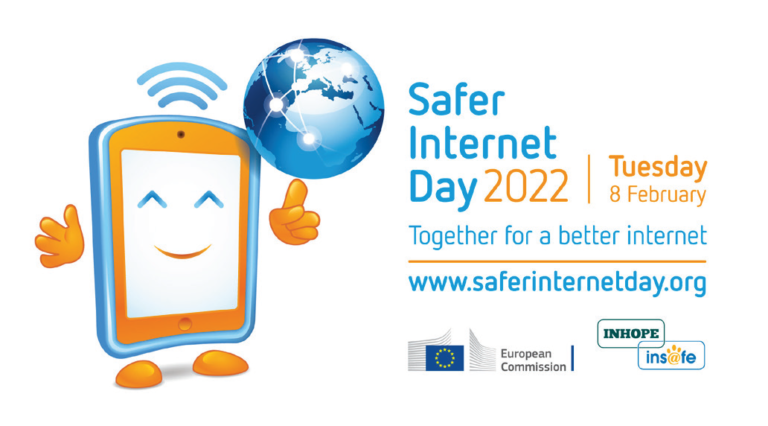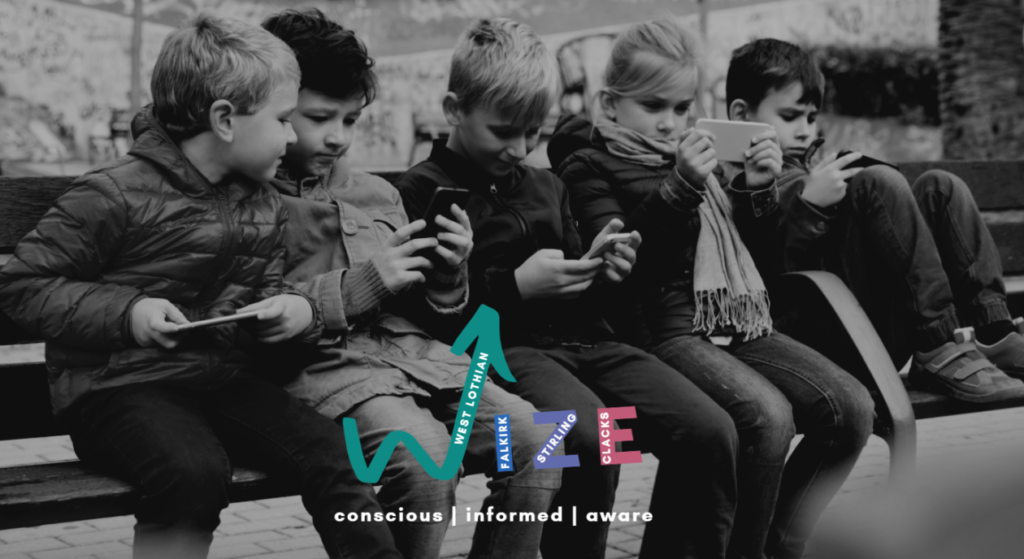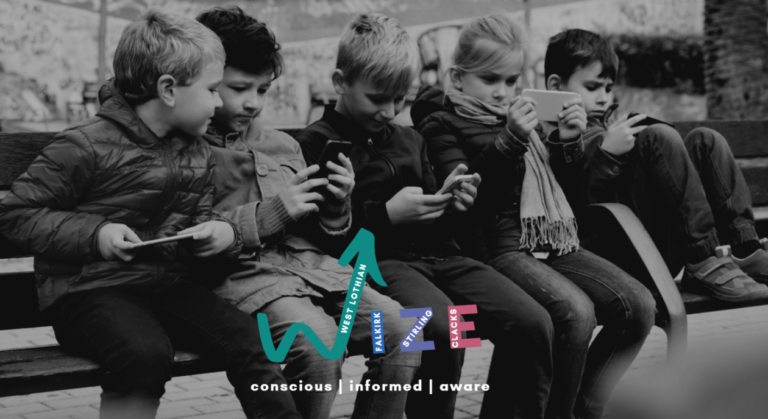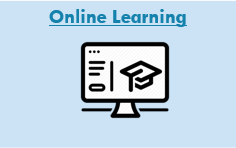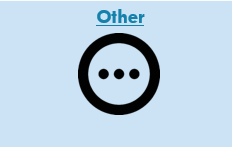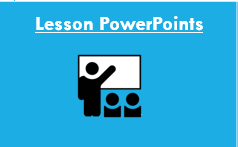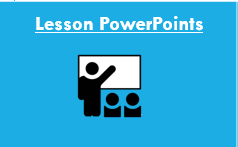
See Me- On Edge
On Edge aims to tackle the myths that surround self harm, reduce the stigma associated with it by increasing understanding of its function, reduce the barriers to help seeking by raising awareness of sources of support and promote a consistent humane response to a behaviour which is a manifestation of distress.
Dove- Self Esteem Resources
Information and exercises relating to self-esteem and body image
Bounce Back
A whole-school program from P1 to S2, Bounce Back! provides students with practical strategies and life skills to handle challenges and adversity encountered.
Crossing The Line
This lesson and accompanying film explores the issue of cyberbullying with an LGBT focus. Through the toolkit activities students will define cyberbullying and recognise examples of it; exploring when actions have crossed the line. In addition to this there is clear signposting to advice and support on how to respond to and deal with issues of cyberbullying.
Anna Freud
Information, lesson plans, powerpoints, animations for staff to lead discussions around mental health
Samaritans DEAL resource
DEAL is a free resource for teachers and other educational professionals designed to help develop resilience in young people.
Brake- Road Safety
Our guide for educators will help you teach important road safety messages to children age 2-18 and meet curriculum goals
No Knives Better Lives
Direct link to the presentations available for knife crime prevention work with young people
ShunBurn – Teenage Cancer Trust
Protecting skin and avoiding skin cancer. Register for a free downloadable teacher resource pack
STOP Stigma – Cornwall Healthy Schools
STOP Stigma aims to increase students’ awareness of stigma linked to mental health problems, the role of the language in stigma and increasing knowledge and understanding of mental health problems
Dinnae Stress
Rise Above – Department of Education England:
There are resources covering the following areas, however, these are based around Key Stages 3 & 4 as rather than CfE: Social media, Sleep, Dealing with change, Transition to secondary school, Puberty, Bullying and cyberbullying, Smoking, Online stress and FOMO, Alcohol, Exam stress, Body image in a digital world and Forming positive relationships
Return to School Resources
Place2Be has put together a series of resources focused on community recovery, to help headteachers and school staff start to bring their schools back together following recent challenging times. Drawing on themes including hope, gratitude and connectedness, these assembly and class activity ideas are intended as a universal resource for all children, and staff are invited to use them as starting points to promote emotional wellbeing and resilience for all.
Facts about mental health – third/fourth level | Health and wellbeing activities | Resources for practitioners | Scotland Learns | National Improvement Hub (education.gov.scot)
By learning facts about mental health, young people will be able to explore and challenge their own values and attitudes to mental health. This learning activity is based on third/fourth level experiences and outcomes.
Why We Need Sleep
Young people will learn about the importance of sleep in maintaining positive wellbeing and health.e.
Better Sleep Routines
Young people will be encouraged to investigate ways to improve the quality of their sleep to maintain positive wellbeing and health.
They will learn information and techniques to help them get a great night’s sleep.
How Much Quality Sleep Do I Get?
Young people will be encouraged to think about their own sleep patterns and how they can make slight changes which may have a significant impact on their wellbeing and health.
Identifying Coping Strategies
Dealing with different challenging situations can cause a range of short and longer term emotional responses for everyone at times. This activity helps young people to identify coping strategies to help them to manage when they face challenging personal circumstances.
Creating a Sensory Box
Dealing with different challenging situations can cause a range of short and longer term emotional responses for everyone at times. This activity helps young discuss using a sensory or self-soothe box as a strategy to help cope with difficult personal circumstances.
Managing Anger
Dealing with different challenging situations can cause a range of emotional responses, including anger, for everyone at times. This activity helps young people to think about the kinds of things that make people angry and ways to cope with these often intense feelings.
Thinking about Worrying
Here you will find some ideas to support you to design an activity to help young people to explore the kinds of things that people worry about at different stages in their life.
Worry, Stress and Anxiety
Here you will find some ideas to support you to design an activity to help young people to think about the differences between worry, stress and anxiety.
Developing Coping Strategies
This activity helps young people to explore the different ways that people cope with feelings of worry and anxiety. It also helps them to reflect on how well they themselves cope.


 CEOP has released a new resource created to help develop understanding around healthy relationships and unhealthy behaviours for children aged 12-14 to help protect them from harmful sexual behaviour both off and online.Respecting me, you, us – RSE lessons (thinkuknow.co.uk)
CEOP has released a new resource created to help develop understanding around healthy relationships and unhealthy behaviours for children aged 12-14 to help protect them from harmful sexual behaviour both off and online.Respecting me, you, us – RSE lessons (thinkuknow.co.uk)




